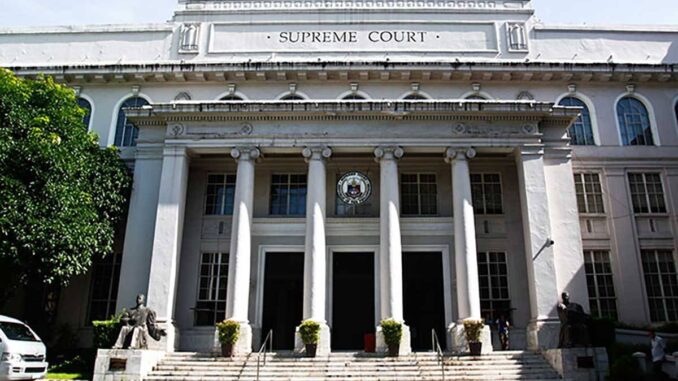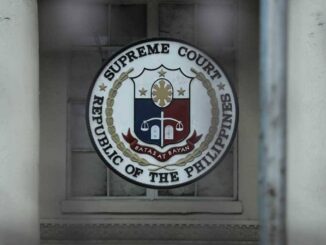
THE Supreme Court ruled that demotion, verbal abuse and hostile behavior by an employer that forced an employee to resign constitute constructive illegal dismissal.
The ruling stemmed from a decision by Supreme Court Second Division Associate Justice Amy Lazaro-Javier on a case of an employee of Toyota Quezon Avenue Inc. (TQAI).
The employee, who was regularized in 2010, was tasked with selling Toyota cars, products and services.
Court records showed that he faced hostility from the company’s senior management during his employment.
In 2015, the said employee was suspended for seven days due to frequent absences.
It added that during a meeting with Toyota’s management, the employee’s sibling, acting as his legal counsel, accompanied him.
The president of the company, it said, publicly humiliated the employee for bringing his sibling to the meeting.
The said employee was subsequently transferred to another team, while many of his accounts were taken away without explanation.
Toyota’s general sales manager later turned down his attempt to process a sale, and his new boss explicitly asked if he planned on resigning.
Citing a hostile work environment, the employee resigned in 2016.
The employee filed a complaint with the Labor Arbiter against TQAI and its officials for constructive dismissal and money claims.
The arbiter later ruled that the TQAI employee was constructively dismissed.
The Court of Appeals, on the other hand, ruled in TQAI’s favor, saying the employee voluntarily resigned and failed to prove that his resignation resulted from coercion and intimidation.
The Supreme Court, however, ruled in favor of the employee, noting actions demonstrating extreme dislike and hostile behavior toward a staff constitute constructive illegal dismissal when such actions cause the employment conditions to be so unbearable that there is no other choice but to resign.
The Court said the actions of TQAI’s senior officials toward its employee demonstrated extreme dislike and hostile behavior. It stressed these actions collectively indicated that they were pushing the employee out.
TQAI and its officials were ordered by the Court to pay the employee full backwages, separation pay, earned commissions, moral and exemplary damages, as well as attorney’s fees.





Be the first to comment